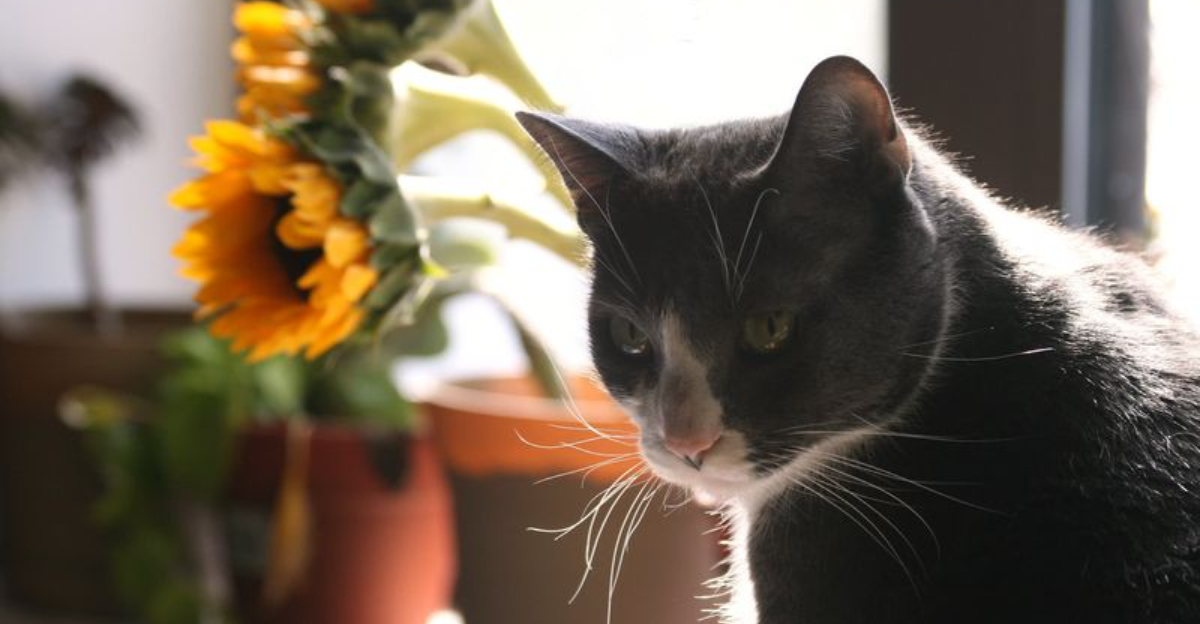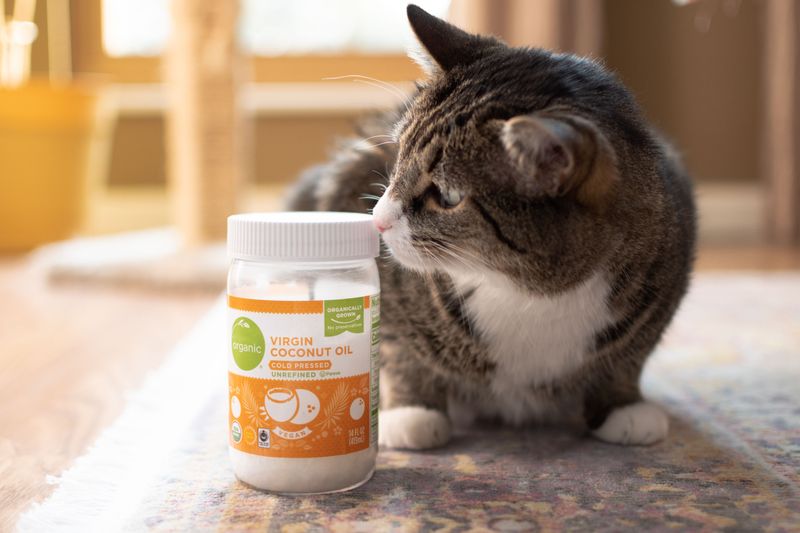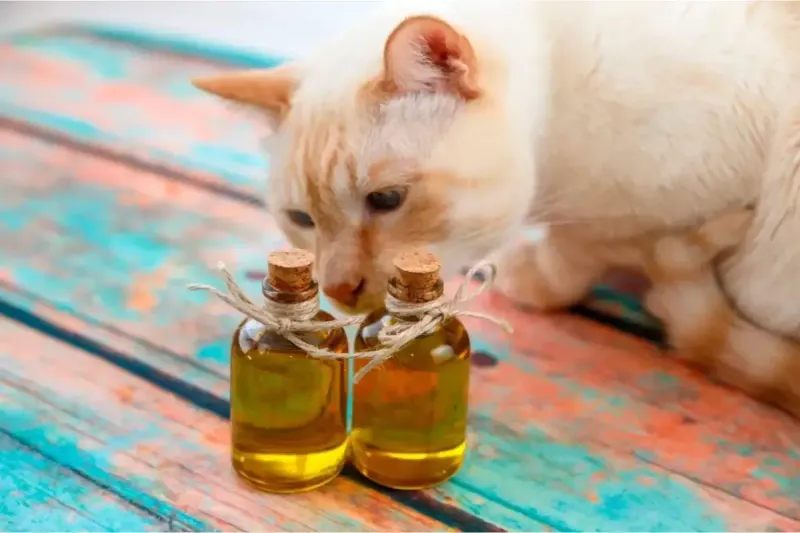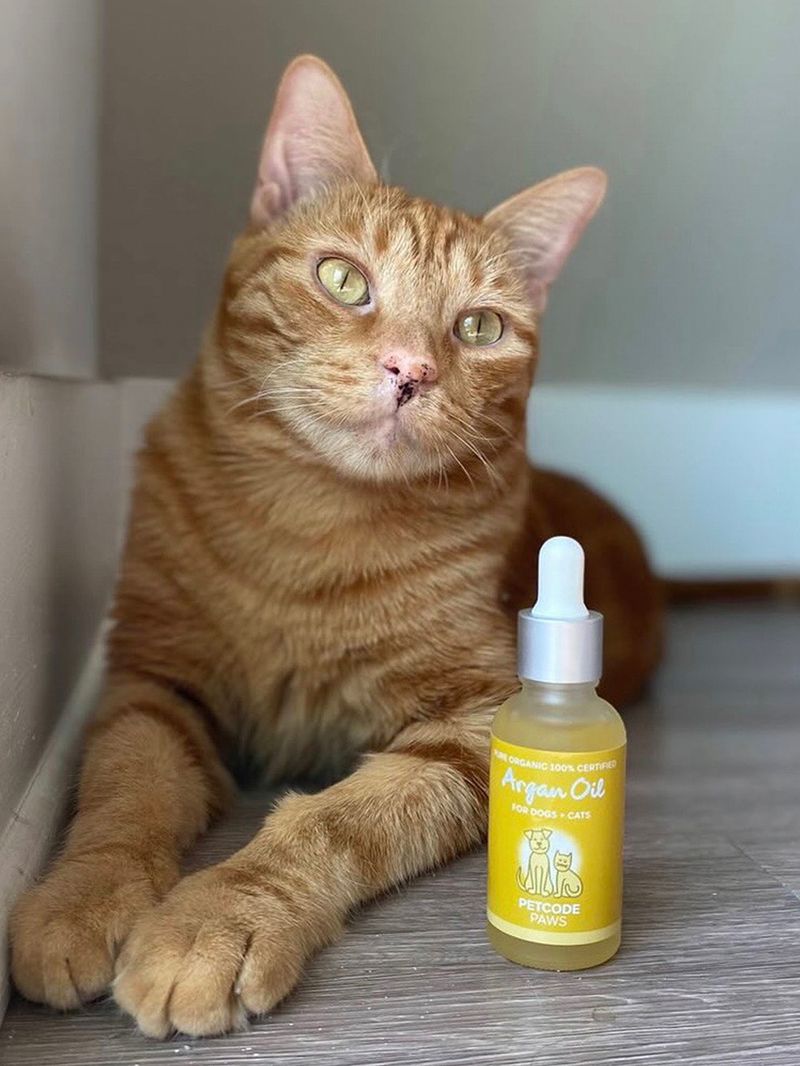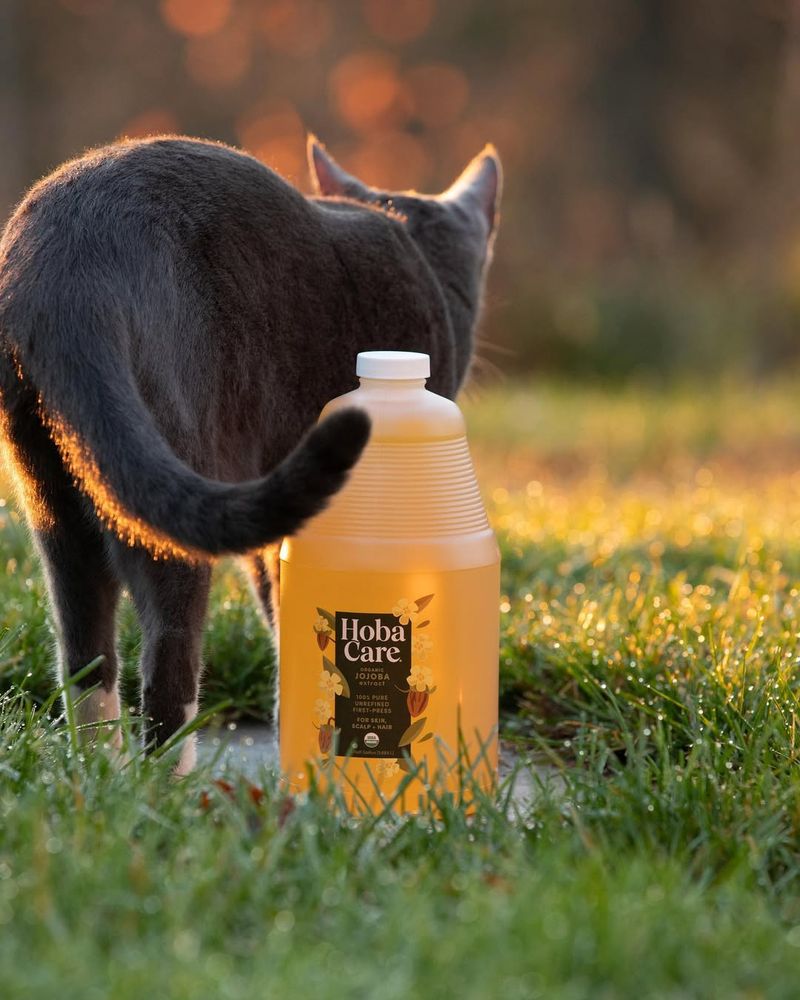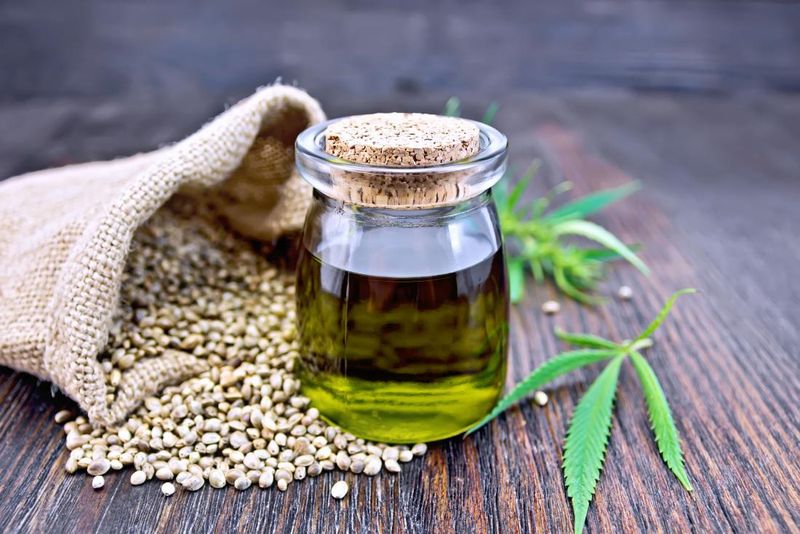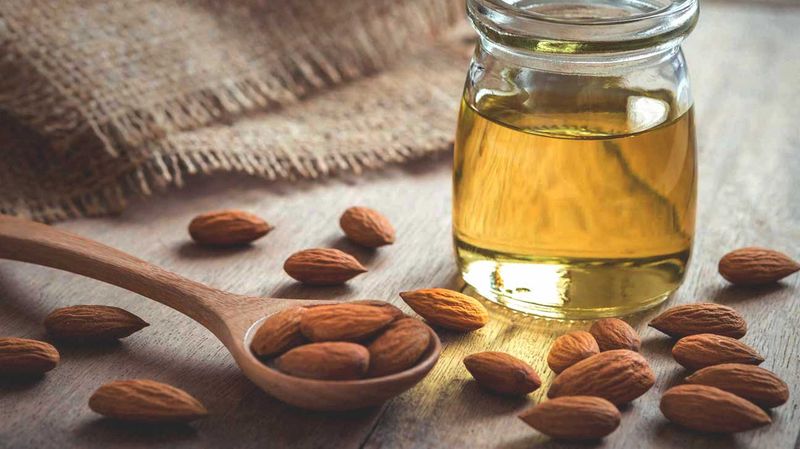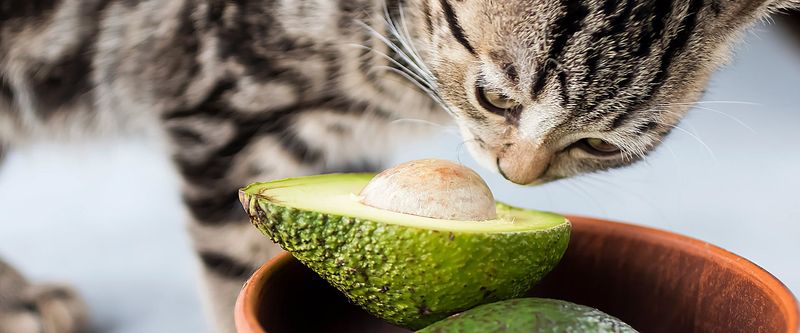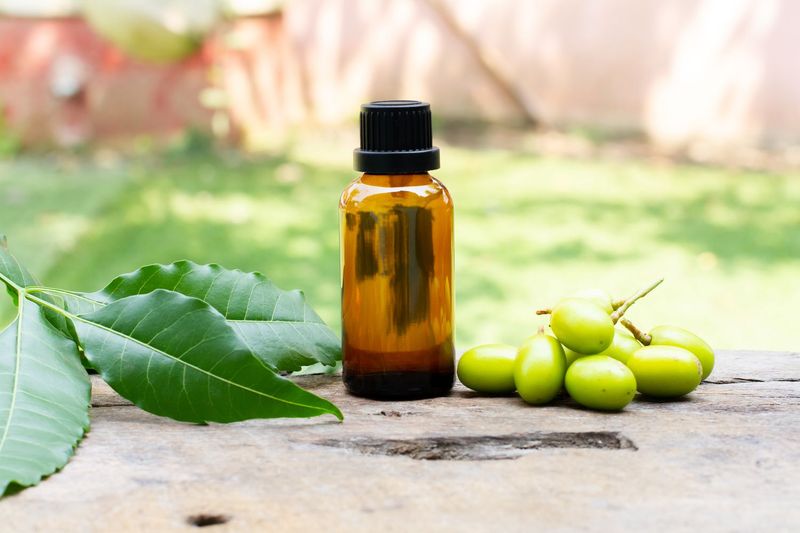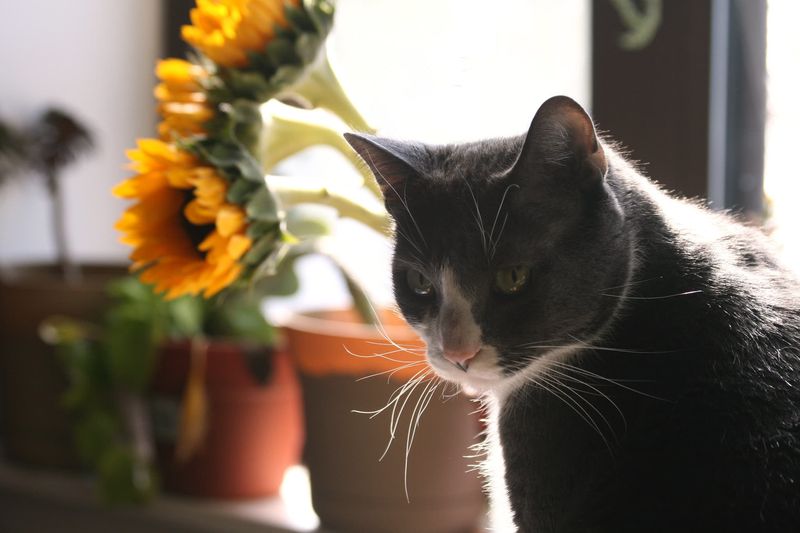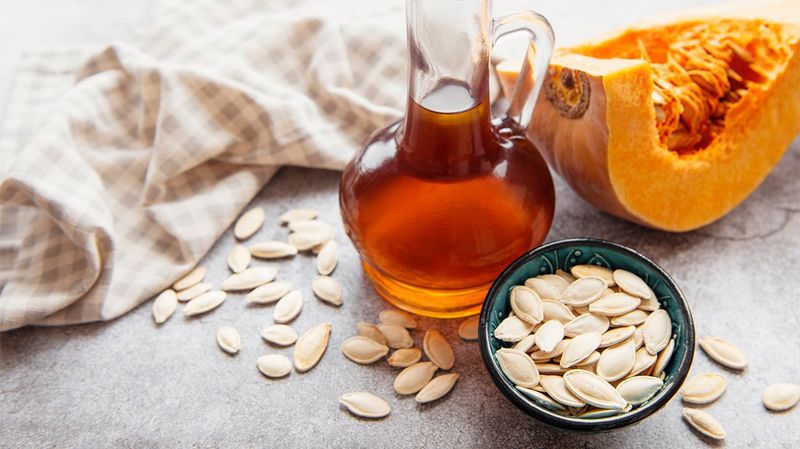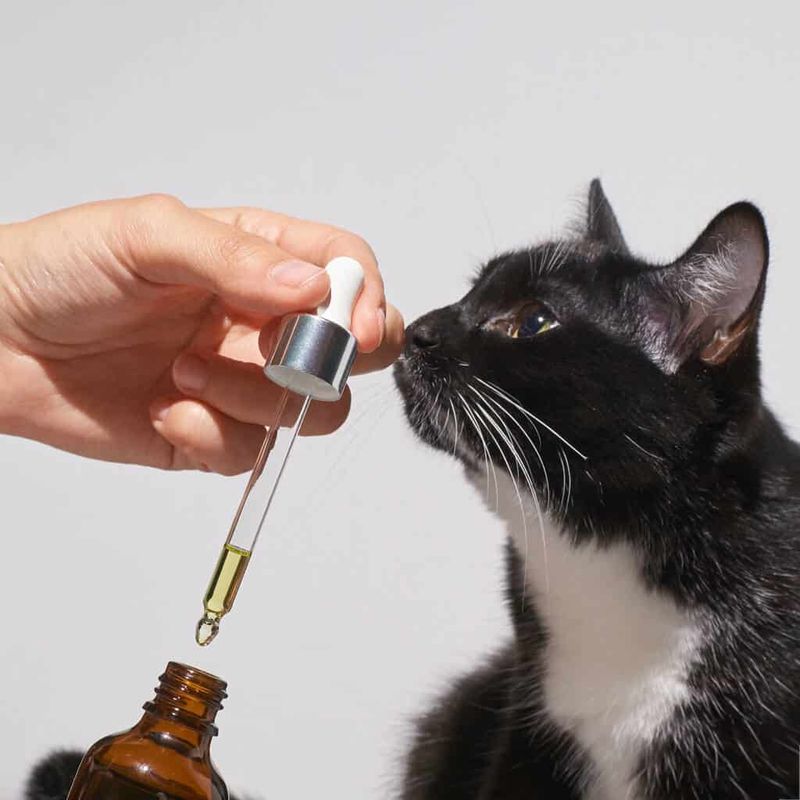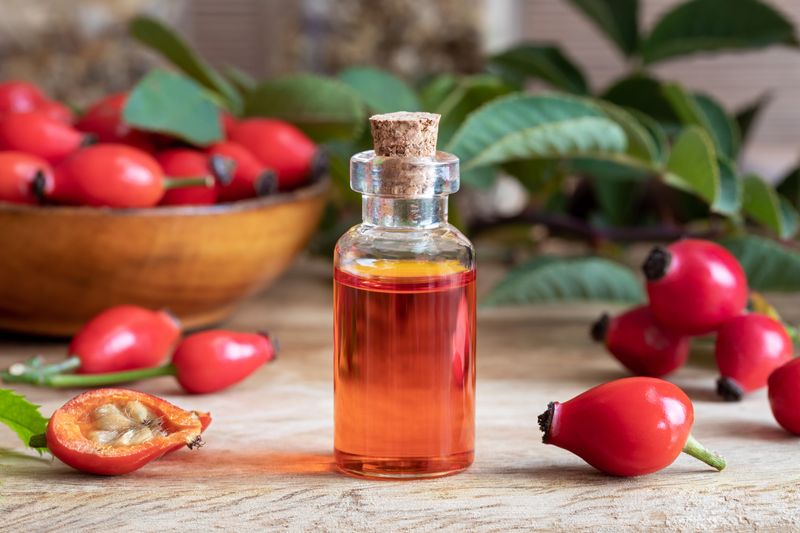📖 Table of Content:
A glossy coat is more than just an aesthetic feature; it reflects your cat’s overall well-being. Healthy skin and fur indicate proper nutrition, hydration, and overall health. To maintain a sleek and vibrant coat, natural oils can be a valuable addition to your cat’s care routine. These oils provide essential nutrients that nourish the skin, reduce dryness, and enhance the natural shine of their fur.
Various natural oils offer unique benefits that contribute to coat health in different ways. Some oils, like coconut and olive oil, provide deep hydration, while others, such as fish oil and hemp seed oil, are rich in omega fatty acids that support skin function. Certain oils also have antibacterial or anti-inflammatory properties, helping to soothe irritation and prevent common skin issues. Understanding the distinct advantages of each oil allows cat owners to make informed choices based on their pet’s specific needs.
Choosing the right oil and applying it correctly can make a noticeable difference in your cat’s coat quality. Some oils can be safely added to their diet, promoting health from the inside out, while others work best when applied topically for targeted hydration. Proper portioning is essential, as excessive use may lead to greasy fur or digestive upset. By incorporating natural oils into your cat’s grooming routine, you can support their skin health and maintain a soft, shiny coat they’ll love to show off.
1. Coconut Oil
Renowned for its deep moisturizing properties, coconut oil is an excellent natural remedy for a cat’s dry skin and dull fur. When applied in small amounts, it can soothe itchiness and flakiness, creating a healthier coat over time. Cats that suffer from mild skin allergies may benefit from its antimicrobial and anti-inflammatory effects. Additionally, coconut oil contains lauric acid, which helps combat bacteria and fungi that can lead to skin infections. A small dab massaged onto problem areas can work wonders for hydration and shine. Ingesting tiny amounts mixed with food may also support digestion and overall wellness. However, moderation is key, as too much can lead to digestive upset.
2. Olive Oil
Packed with antioxidants and healthy fats, olive oil is a simple yet effective way to enhance your cat’s coat. Regular consumption of small amounts can provide moisture from within, leading to shinier fur. This oil also contains polyphenols, which have anti-inflammatory properties that promote skin health. Cats that struggle with dandruff or rough fur may see noticeable improvements when olive oil is introduced into their diet. Applying a small amount topically can also aid in soothing dry patches or minor irritations. Despite its benefits, excessive intake can cause loose stools, so portion control is important. When used correctly, olive oil serves as a natural solution for boosting a cat’s overall coat condition.
3. Fish Oil (Salmon Oil, Sardine Oil)
Derived from fatty fish, this oil is an omega-3 powerhouse that nourishes both skin and fur. Omega-3 fatty acids play a crucial role in reducing inflammation, making it a great option for cats with allergies or dry, flaky skin. Many pet owners notice that their cat’s coat becomes shinier and softer after consistent use. The anti-inflammatory properties also support joint health, which is an added benefit for older cats. A few drops added to food daily can contribute to a silkier, healthier appearance. While fish oil is highly beneficial, improper storage can cause it to go rancid, negating its positive effects. Ensuring freshness and correct dosage maximizes its impact on your cat’s well-being.
4. Argan Oil
Extracted from Moroccan argan tree kernels, this luxurious oil is packed with vitamin E and essential fatty acids. Unlike heavier oils, it absorbs quickly, providing hydration without leaving a greasy residue. Cats that frequently develop brittle fur can benefit from its deep-conditioning properties. Using a few drops on the coat can enhance natural shine while softening rough textures. This oil also helps shield the skin from environmental damage, reducing irritation from dust or allergens. Overuse, however, may result in excessive oil buildup, so a minimal application is ideal. When applied correctly, argan oil acts as a natural conditioner for maintaining a glossy, well-nourished coat.
5. Jojoba Oil
Similar to a cat’s natural skin oils, jojoba oil is a gentle yet powerful moisturizer. This makes it especially effective for soothing dry skin or minor irritations without disrupting the skin’s balance. Applying a tiny amount to dry patches can promote healing and reduce flaking. Unlike some oils, jojoba is non-toxic if accidentally ingested in small amounts. Its fast absorption allows for hydration without leaving an oily residue behind. Regular use on brittle or dull fur can restore softness and vibrancy. A well-balanced application of jojoba oil supports skin health while enhancing the sleekness of your cat’s coat.
6. Hemp Seed Oil
Loaded with omega-3 and omega-6 fatty acids, hemp seed oil is a nutrient-dense addition to your cat’s health regimen. This balanced fatty acid profile supports both skin hydration and inflammation reduction. Cats prone to dryness or itching may find relief when this oil is incorporated into their diet. The antioxidants within hemp seed oil also help combat environmental stressors that contribute to skin issues. While it works well internally, topical application can also help with localized dryness. Unlike some other plant-based oils, hemp seed oil is lightweight and easily absorbed. Used appropriately, it enhances both skin resilience and fur texture, making it an excellent choice for feline wellness.
7. Almond Oil
Rich in vitamin E, almond oil offers deep hydration and nourishment for a cat’s coat. A small amount rubbed onto the fur can add luster and softness, making the coat feel silkier. Cats that experience mild dermatitis or flaky skin may benefit from its soothing properties. This oil also helps to lock in moisture, preventing excessive dryness during colder months. Adding a few drops to food can further support skin health from within. Despite its benefits, caution should be taken with cats that have nut sensitivities. If used correctly, almond oil can enhance the natural glow and smoothness of feline fur.
8. Avocado Oil
Coming from the nutrient-rich avocado fruit, this oil is a powerhouse of vitamins A, D, and E. When applied to a cat’s coat, it helps reduce flakiness and provides long-lasting moisture. This oil’s composition supports collagen production, which strengthens both skin and fur. A small amount massaged into the coat can create a soft, glossy texture. However, it’s essential to avoid avocado pits or skins, as they contain persin, which is toxic to cats. Used in moderation, avocado oil can help maintain supple skin and a healthy, vibrant coat. It’s a fantastic option for cats that need extra nourishment in their grooming routine.
9. Neem Oil
Highly regarded for its antifungal and antibacterial properties, neem oil is useful for cats with skin irritations. This oil can help combat minor infections and soothe inflamed or itchy areas. A diluted application can effectively address hotspots or small rashes. While its strong scent may deter some cats, its benefits make it worth considering for specific skin concerns. Using it in combination with a carrier oil helps ensure safety and effectiveness. Due to its potency, neem oil should only be applied in minimal amounts. With proper use, it can promote both skin health and a conditioned coat.
10. Sunflower Oil
Providing lightweight hydration, sunflower oil is an easy way to boost fur softness. Packed with vitamin E, it helps protect the skin from oxidative stress while adding shine to the coat. Cats with sensitive skin can benefit from its gentle moisturizing effects. A few drops in food contribute to a healthier coat from the inside out. The non-greasy texture makes it ideal for topical use as well. If used appropriately, sunflower oil offers a simple yet effective method for improving coat condition. Regular application keeps the fur looking sleek without excessive buildup.
11. Pumpkin Seed Oil
Containing zinc and omega fatty acids, pumpkin seed oil is a fantastic addition to feline nutrition. Cats that struggle with rough fur or minor skin conditions may see noticeable improvements with regular use. This oil’s anti-inflammatory properties also aid in soothing irritated skin. When added to food, it supports not just the coat but also digestive health. While it provides numerous benefits, excessive use should be avoided to prevent unnecessary fat intake. A well-balanced amount promotes a smoother, healthier coat while reducing dry skin. Cats benefit from this oil both internally and externally when used in the right quantities.
12. Castor Oil
Well known for supporting hair growth, castor oil can be useful for cats with thinning fur. The high concentration of ricinoleic acid helps moisturize and strengthen hair follicles. A minimal application to dry patches can improve hydration and encourage a fuller coat. Due to its potency, castor oil should only be used sparingly and never ingested. Cats with minor hair loss or rough fur may benefit from its conditioning effects. Overuse, however, can lead to greasiness, so careful application is necessary. With the right approach, castor oil enhances both fur thickness and overall shine.
13. Rosehip Oil
Derived from rose seeds, this oil is an excellent source of essential fatty acids and vitamin C. It aids in skin regeneration, making it beneficial for cats with dry or flaky skin. Applying a small amount to trouble areas helps promote healing and hydration. Unlike heavier oils, rosehip absorbs quickly, leaving the coat feeling soft without a greasy residue. This oil also has mild anti-inflammatory properties that can soothe skin irritations. While it is safe for external use, ingestion should be limited. Regular application keeps the fur looking radiant while ensuring the skin remains nourished.
